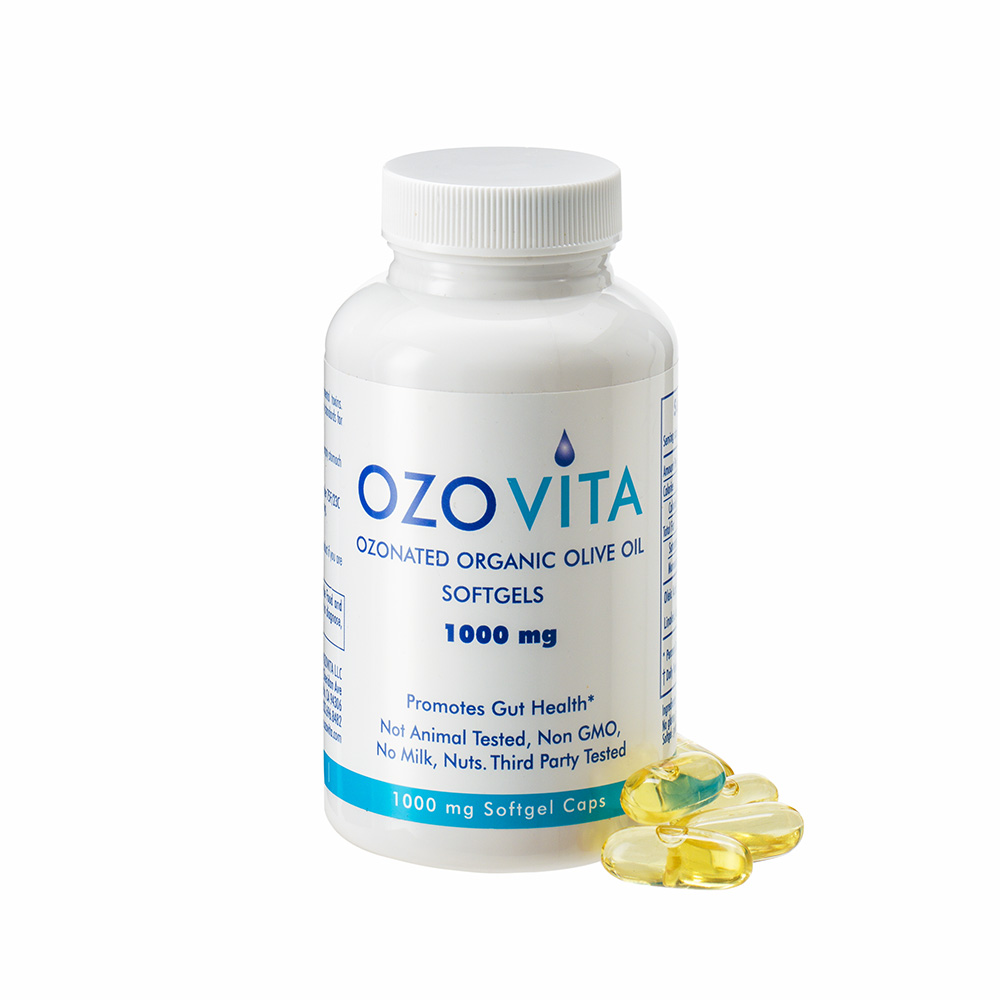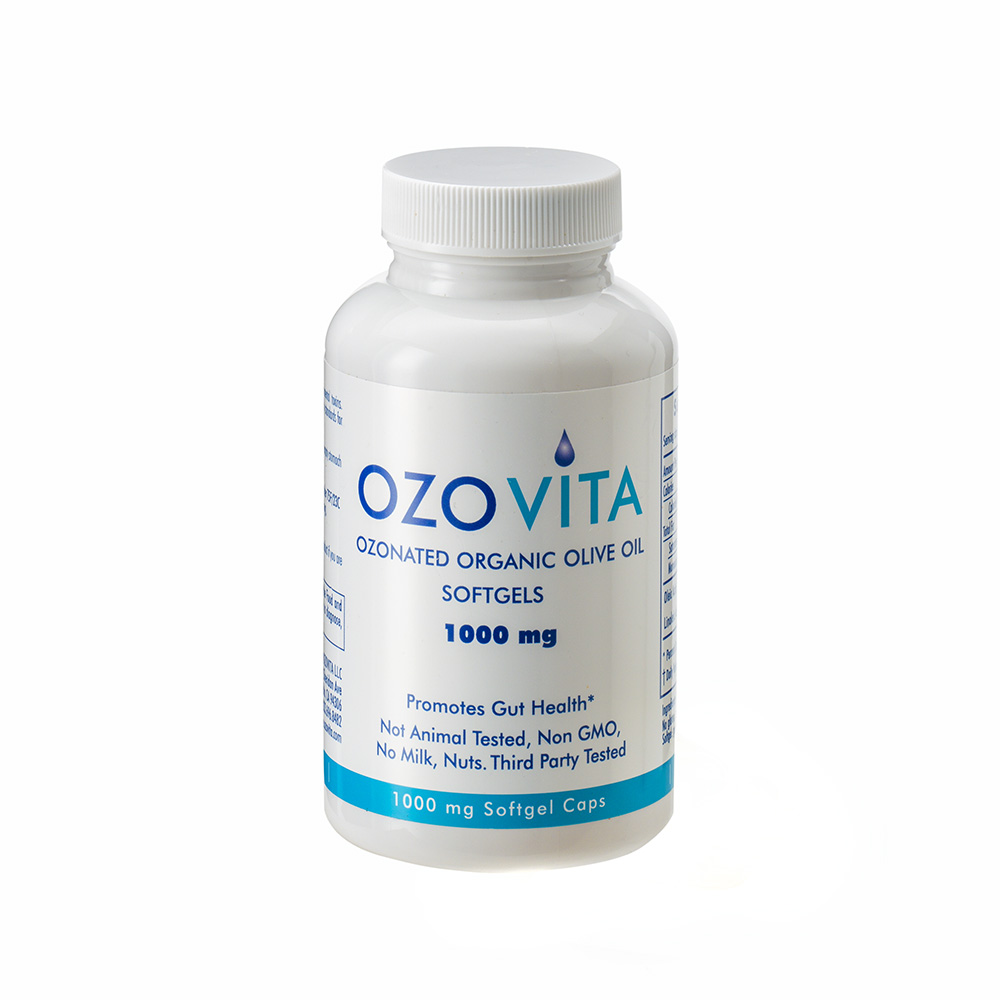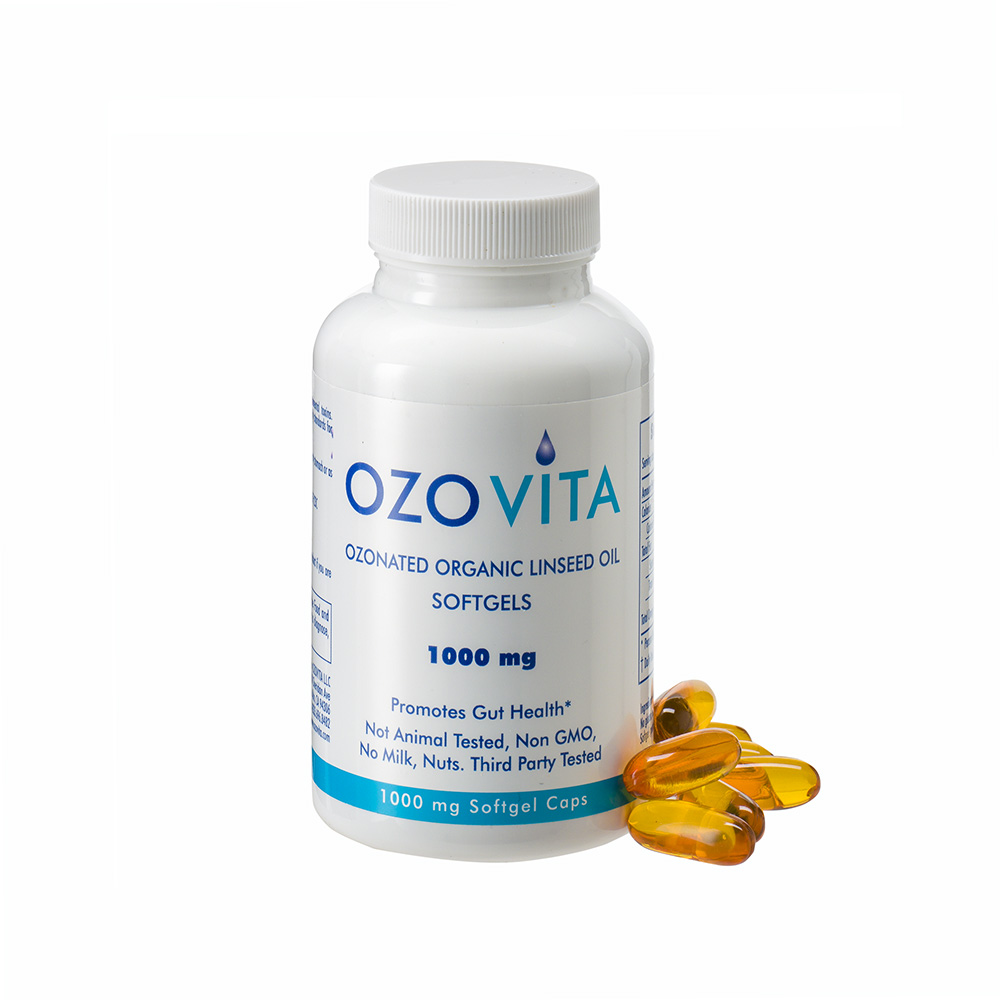Description
Due to its high content of monounsaturated fatty acids (oleic acid) and polyunsaturated fatty acids (linoleic acid), olive oil provides important health benefits.
Olive oil increases HDL (beneficial) cholesterol levels and reduces c-LDL (‘bad’ cholesterol). It helps to control high blood pressure and reduce the occurrence of thrombosis.
The anti-atherosclerotic properties of virgin olive oil can be partly attributed to the presence of minor components, such as phenolic compounds, which play a protective role against LDL oxidation. Their potential biological effect is reduced or disappears in those olive oils that have undergone certain washing and/or refining processes in which these components have been removed (Joaquín Carlos Surra et al., 2015).
Furthermore, some studies show that consuming olive oil daily is essential for preventing certain types of cancer, especially lung and stomach cancer, but also endometrial, ovarian and colon cancer (D’Angelo et al., 2005; Hamdi et al. , 2005 ; MA Zamora Ardoy et al., 2003).
Olive oil has been shown to have a strong anti-inflammatory and antioxidant effect. Its polyphenols are bioactive compounds that act as antioxidants and anti-inflammatories (Beauchamp et al., 2005). The presence of high concentrations of a phenolic alcohol such as hydroxytyrosol, which can be found in olive oil or olives, has a potent antioxidant capacity both in vitro and in vivo (Visioli et al., 2000).
Olive oil helps protect against diabetes, due to its beneficial effects on blood glucose and insulin sensitivity (MA Zamora Ardoy et al., 2003; A. Marí-Sanchis et al., 2011).
Finally, it has been shown that the modulation of the immune response exerted by diets containing olive oil leads to a lower suppression of lymphocyte proliferation, a higher production of pro- and anti-inflammatory cytokines and, ultimately, a greater phagocytic capacity of macrophages/monocytes, an essential factor for eliminating pathogens (MA Puertollano et al., 2010).










